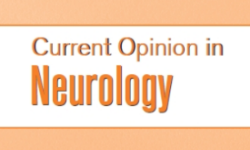
“Cannabidiol (CBD), one of the compounds present in the marijuana plant, has anti-tumor properties, but its mechanism is not well known.
This study aimed to evaluate the apoptotic action of CBD in colorectal cancer (CRC) cells, and focused on its effects on the novel pro-apoptotic Noxa-reactive oxygen species (ROS) signaling pathway.
CBD experiments were performed using the CRC cell lines HCT116 and DLD-1. CBD induced apoptosis by regulating many pro- and anti-apoptotic proteins, of which Noxa showed significantly higher expression. To understand the relationship between Noxa and CBD-induced apoptosis, Noxa levels were downregulated using siRNA, and the expression of apoptosis markers decreased.
After ROS production was blocked, the level of Noxa also decreased, suggesting that ROS is involved in the regulation of Noxa, which along with ROS is a well-known pro-apoptotic signaling agents. As a result, CBD induced apoptosis in a Noxa-and-ROS-dependent manner.
Taken together, the results obtained in this study re-demonstrated the effects of CBD treatment in vivo, thus confirming its role as a novel, reliable anticancer drug.”
https://www.ncbi.nlm.nih.gov/pubmed/30660647
“Our results using cells, mice, and patient-derived cells strongly suggest, for the first time, that that CBD can cause Noxa-induced cell death. These results suggest that that CBD has important implications for the potential treatment of human CRC.”






 “To review the history, pharmacology, and clinical science of
“To review the history, pharmacology, and clinical science of 
